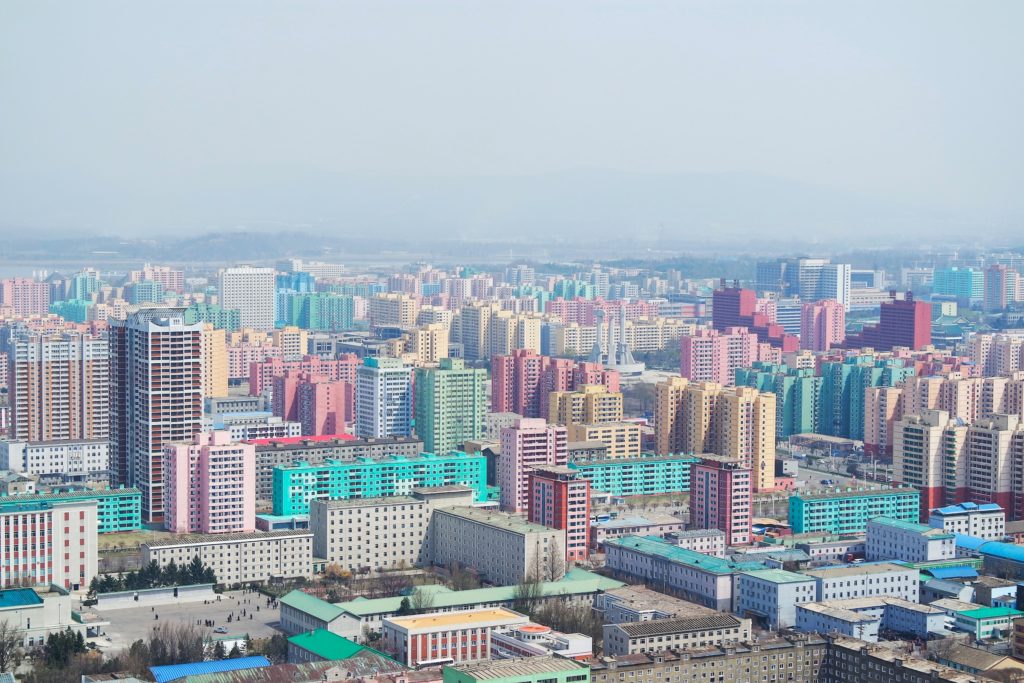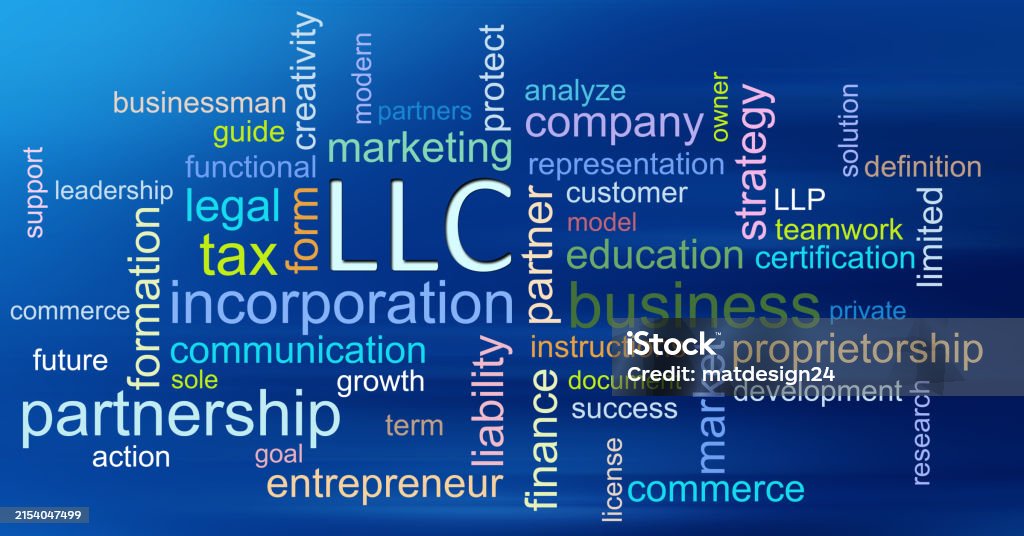The Democratic People’s Republic of Korea is a country in East Asia, constitution is the northern half of Korea, the country share border with China and Russia to the north, South Korea to the South, and the country’s western border is formed by the yellow sea and the eastern border is guided by the Sea of Japan.
North Korea has one of the most closed and centralized economies in the world. It is a relatively industrialized country and its economy is heavily nationalized.
Major industries in North Korea include machine building, iron ore, coal production, textile, military equipment, metallurgy, chemicals, mining, food processing, and tourism.
Under foreign trade, North Korea to enable foreign companies to operate with tax and tariff incentives established a few special economic zones and special administrative regions, in in-order for North Korea’s establishment to gain access to improved technology.

Company Structures
North Korea is a communist state, which means the government control almost all the economic activities of the state. There are three options for any company or firm interested in doing business in North Korea, this includes:
Joint venture
There are two types in North Korea, one is when and where a foreign and the government of North Korea teams set up and equally invest and have the business control, over a joint venture company. Both parties equally share the benefits of the interest.
The other part of a joint venture is when a foreign company and the government of North Korea invest jointly. In this situation, the North Korean government takes control of the business instead, most especially management. Despite the North Korean government taking over the business, the firm partnered, and participate in a joint management committee. The profit and loss, in this case, are shared by the two parties.
Foreign company
The last type of business venture in North Korea is called a ‘foreign company’. Though such companies are allowed to be set up within special economic zones across the country, this option allows the foreign company to own all the business entities (100%). This means the foreign company has total control of the business and there are no interferences from the North Korean government as they have no right to influence the management of the company.
Despite the strict nature of the state, North Korea also offers business opportunities for anyone including corporations, individuals, and even ethnic Koreans living outside the North, to expand the nature of exchange and cooperation with other countries.





